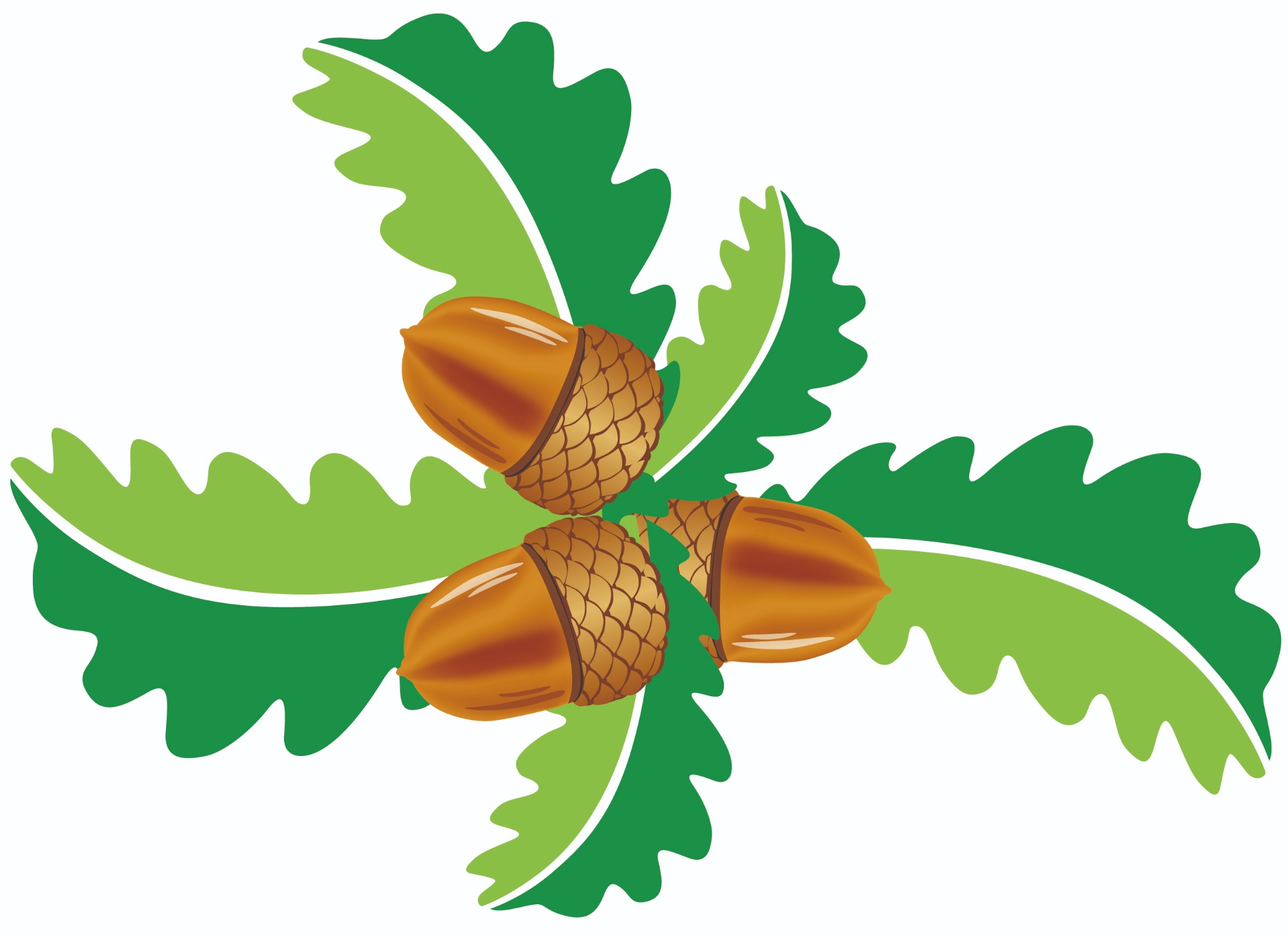PSHE
Personal, Social and Health Education (PSHE) enables our children to become healthy, independent and responsible members of society. It aims to help them understand how they are developing personally and socially, and tackles many of the moral, social and cultural issues that are part of growing up.
Intent
At Oakdale, we aim to promote children’s knowledge, self-esteem, emotional wellbeing and resilience, and to help them to form and maintain worthwhile and positive relationships. We provide our children with opportunities for them to learn about rights and responsibilities and appreciate what it means to be a respectful member of a diverse society. Children will be taught to have respect for themselves, and for others, within our local, national and global communities. PSHE supports all aspects of our children’s learning as it enables them to develop a positive mind set and to become life-long learners.
Implementation: How is PSHE taught?
Oakdale follows the Cambridgeshire PSHE Service scheme of work. It is progressive and builds PSHE understanding as children move from KS1 through to upper KS2. The frameworks cover four main themes which make up the complete PSHE programme: Myself and My Relationships, Citizenship, Healthy and Safer Lifestyles and Economic Wellbeing. Oakdale follows the Christopher Winters Project scheme of work for relationships and sex education (RSE).
PSHE is taught through weekly circle times (discussion topics are linked to the Cambridgeshire PSHE Service Scheme of work or topics are chosen to meet individual class needs). In addition, planned extended lessons and activities are taught throughout the term to consolidate circle time learning. There are many cross-curricular learning opportunities, where PSHE themes are also consolidated within other curriculum areas.
Modules covered include:
· Feelings, mental wellbeing, positive mindset, caring friendships and respectful relationships on and offline
· Diversity in communities and respecting those with different lifestyles, beliefs & traditions
· Keeping safe, basic first aid, internet safety & digital lifestyles, physical health, healthy eating & fitness, drugs and medicines
· Financial capability, earnings & deductions, budgeting
· Families and people who care for us, growing, changing and emotional, social and cultural development of pupils
Assessment
Throughout weekly circle time sessions, teachers will use formative assessment tools to impart and adapt learning. Summative assessment in the form of a written piece allows children the opportunity to show their understanding of the PSHE topic studied. The PSHE coordinator is responsible for the monitoring cycle that provides an overview of the quality of teaching and learning taking place in PSHE lessons.
E-safety information can be found here: E-Safety - Oakdale Primary School
Wellbeing and mental help further support: Wellbeing and Mental Health - Oakdale Primary School
